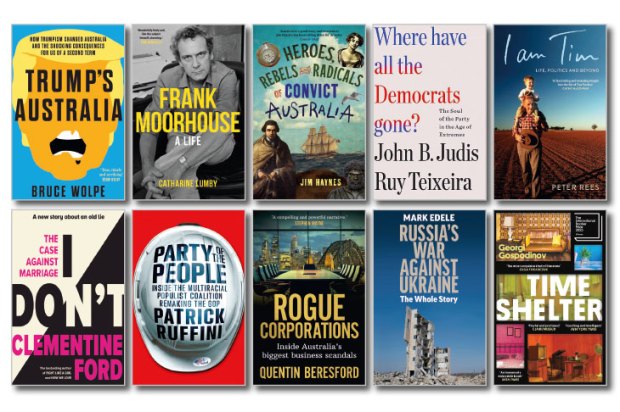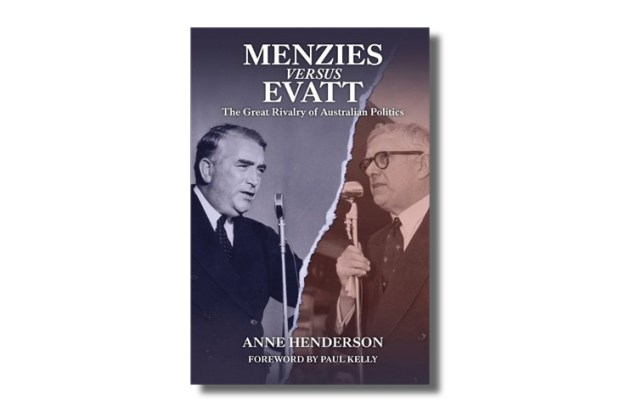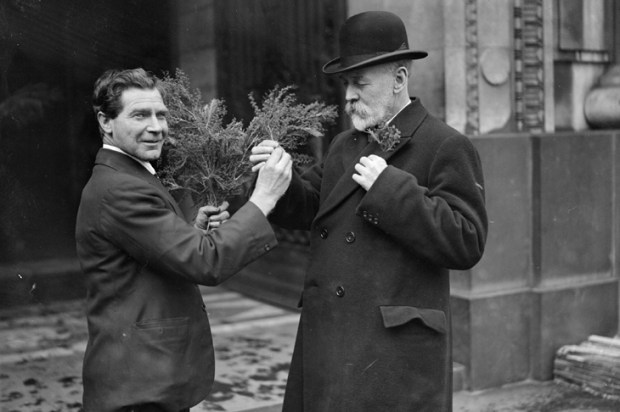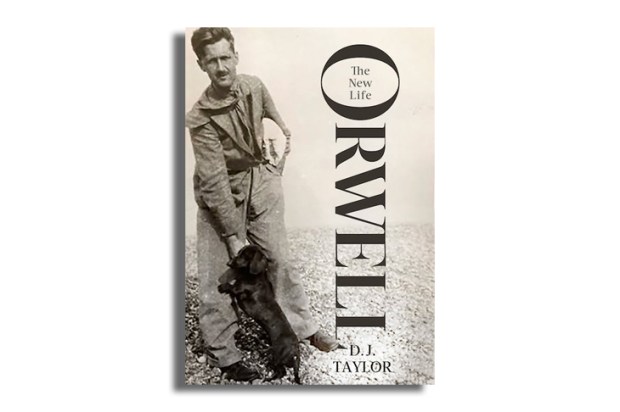Ironic Capitalisation of That Which You Do Not Like is apparently A Thing. You’ll forgive me for employing this Irritating Device, for after reading A Short History of Stupid, its ability to signal distain is rather infectious.
Crikey’s Bernard Keane and Helen Razer have come together to write a book critical of the tenor of public debate in Australia through a review of centuries of philosophical thought. We’re asked to own up to ‘the inevitability of our ignorance’ before a long and sometimes humourous meander through Truth, truths, rationality, despair, and of course, the great enemy: Stupid.
At times, Stupid reads as though the idea were proclaimed by Oracle and the authors given a few months to tailor their prose to it. It’s less like observing a sausage factory, more like being hammered by a meat tenderiser. Our two authors wander through a land of Perpetual Grievance, slaying Stupid as they encounter it, but only after travelling back through time to wrestle with its forbears. Like a pantomime, we’re left shouting for a hero to make an appearance: an editor.
Both writers imprint their very distinct personalities on the page as they alternate chapters, and apart from the general disdain for Bad Things (boo!), it is difficult to string together a continuous narrative, enhancing the feeling the book is more a grab-bag of objections than a sustained argument. For much of A Short History of Stupid, the best way to make sense of it is to view it as two separate works.
Helen Razer is one of Australia’s strongest modern cultural critics. Hyperactive and brash, she undoubtedly knows both low and high culture, and has delightful turns of humour, particularly when she’s self-deprecating. ‘When I was a young idiot, I learned the phrase ‘the personal is the political,’ and I found it very handy. It meant that my perspective was universal, and heck, I’d always suspected as much.’
But her preoccupation with the mashing together of low and high culture tires quickly. With John Locke compared to Heather Locklear and Sigmund Freud compared to Bruce Springsteen, her essays could be mistaken for a pop culture Sophie’s World. While her flourishes of memoir can be amusing, they are often unnecessary. Too often we are the Priest at the Confessional of her Prior Bad Thought. Such is the confessional frame of mind that she is intent on announcing every thought before she writes it.
But when Razer sticks to the pithy and the present, she is masterful. We don’t need her to legitimise her critical eye by taking us on a tour of her influences, because her critical eye is finely tuned. She describes how mass-pathologising of the human condition has gone too far, and believes, contrary to the view that there is stigma in having a mental illness, these days the reverse is true. A true radical, she asks of the elevation of identity politics: ‘how does plotting our place on a map of the world do anything but affirm the map?’
Keane is a terse former public servant with well-rehearsed arguments on pet issues such as immunisation and the War on Terror. He doesn’t bring any new arguments to life, but his research and analytical ability is refreshing among his peers in the Canberra press gallery. An eagle-eyed libertarian, he notes of the security climate post 9/11: ‘national security isn’t merely not humourous, it is anti-humour… to joke at the expense of national security is to immediately signal your unwillingness to accept at face value the claims of those who purport to be providing it, and thereby to immediately place yourself under suspicion.’
It is his chapter on the creeping nudge paternalists that is the standout of the book, and is worthy of its own extended publication. He provides rigourous statistical research and builds an irrefutable case that our collective wellbeing and behaviour has never been better, contrary to what our politicians, media, and a myriad of experts would have us believe. He savages progressives, who believe poor people in particular are somehow uniquely susceptible to manipulative marketing, and see themselves as the ready saviour of the others’ choices of consumption. Having ‘conceded the fight on basic economics in favour of liberal capitalism,’ progressives have ‘embraced forms of paternalism as the primary tool of social engineering.’
With the exception of Keane’s essay on paternalism, it is only in the last third of A Short History of Stupid that the point of Razer and Keane’s union becomes relevant, as each write excoriating essays on media and the conduct of public debate in Australia in recent times. They craft together an argument of how Stupid has taken hold, and unsurprisingly, it’s got a lot more to do with the current crop of Stupid ideas and Stupid people than long-dead European intellectuals.
Exasperation with the decline of our media and politicians is noted by many but adequately explored by few. Eschewing partisanship, it is here that Razer and Keane capture the ennui of our times. Razer shows how postmodern values render everything to hold equal weight: the blog of an unemployed cartoonist has the worth of serious journalism; political news is as significant as celebrity news; self-esteem has no relationship to real-world achievements. Keane’s look at the political classes’ ‘worship at the altar of manual labour’ is a droll exposition of Baudrillard’s hyperreality. As authenticity is dressed in High-Vis and personal experience climbs to the apex of authority, complex ideas have become the casualty. Incidentally, while the book opens by lamenting the rise of opinion journalism, it’s Keane’s contributions that should be used as the template for robust but informative writing.
Some of Stupid is greater than the whole, and it is these closing chapters that redeem much of the earlier work. It’s inconsiderate to ask readers to witness the authors grapple with their reflections on philosophy classes at Sydney University in the early 1990s, and one can’t help but feel cheated by the proportion of time devoted to looking backwards. Razer and Keane expressly state that they do not have the answers, and this points to the wider malaise of progressives since the rise of neoliberal economics, the Iraq War, and the GFC.
What are we to do, post-history, with secular liberal democracy firmly entrenched but not functioning the way the authors would like? Like Eliot’s famous poem, a shadow falls between the idea and the reality. When we only have ourselves to blame for Stupid, the only option we have is to blame others.
Got something to add? Join the discussion and comment below.
Get 10 issues for just $10
Subscribe to The Spectator Australia today for the next 10 magazine issues, plus full online access, for just $10.
Elle Hardy is a regular contributor to The Spectator Australia.
You might disagree with half of it, but you’ll enjoy reading all of it. Try your first month for free, then just $2 a week for the remainder of your first year.













Comments
Don't miss out
Join the conversation with other Spectator Australia readers. Subscribe to leave a comment.
SUBSCRIBEAlready a subscriber? Log in